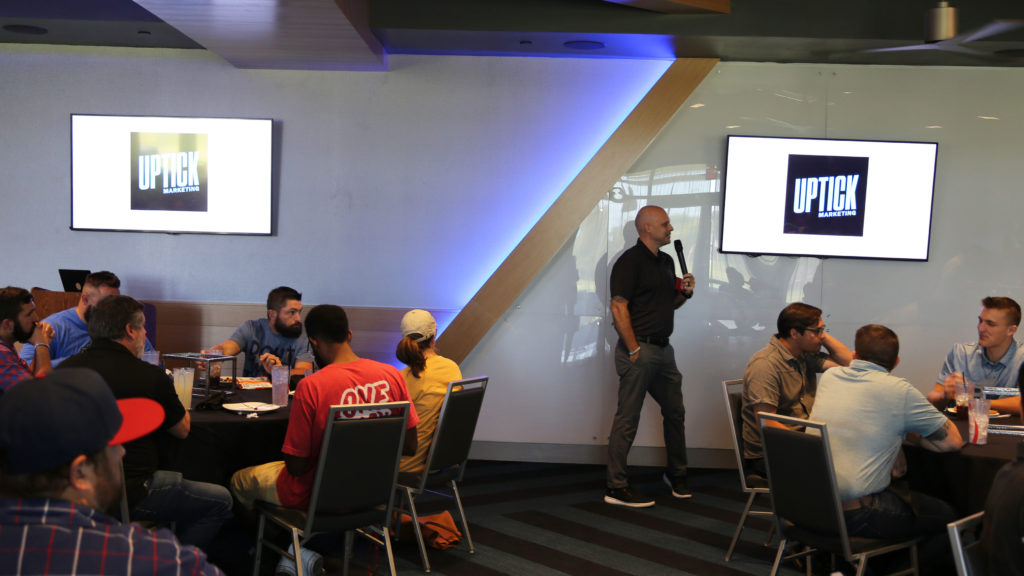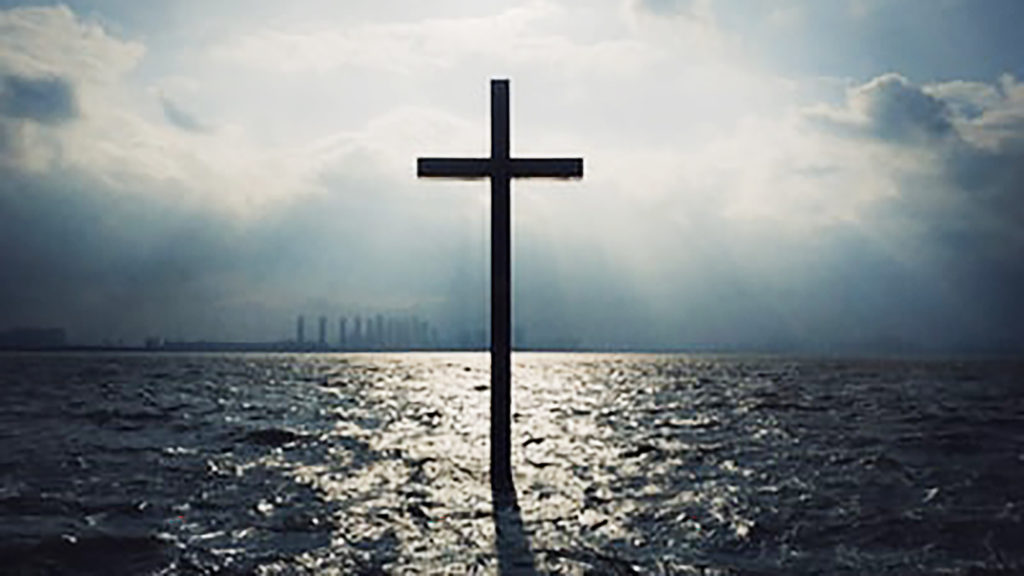Broadcasters applauded a Jan. 28 decision by the Federal Communications Commission (FCC), but executives with two radio stations said a cordial relationship is crucial between relgious broadcasters and the government is crucial to assure continued freedom in broadcasting.
“I have always been a very strong voice of caution that we do not take Christian broadcasting for granted,” said Jon Bulkley, station manager of WLBF in Montgomery.
Bulkley said it is essential Christian broadcasting have strong relationships with those who make decisions concerning religious broadcasts, characterizing the relationship as “a two-sided coin.”
“(It’s) one of vigilance and one of being careful to maintain relationships,” Bulkley said.
Pressured by religious broadcasters and members of Congress, the FCC voted 4-1 Jan. 28 to vacate recently approved guidelines critics charged would discriminate against religious broadcasts.
The FCC issued the new guidelines Dec. 29 when it approved a station swap in Pittsburgh allowing Cornerstone TeleVision Inc., a religious broadcaster, to move from Channel 40 to Channel 16, a channel reserved for noncommercial educational programming.
Since 1952, the FCC has reserved a limited number of television stations for educational broadcasters, including Channel 16. Existing FCC rules required that licenses for educational channels be reserved for nonprofit organizations whose programming “will be used primarily to serve the educational needs of the community.”
Larry Adcock, general manager of WYDE in Birmingham, said noncommercial radio stations were intially regulated by the FCC in regard to how much of their content was related to educational broadcasts.
“I don’t see why with television there should be any difference,” Adcock said.”
For the most part, Adcock said, the FCC has been open-minded about what constituted religious broadcasting, even allowing religious education. He agreed that stringent guidelines on what constitutes educational program- ming could be a threat to broadcasters.
In December, the FCC approved additional guidance to require more than half the programming on educational channels “primarily serve an educational, instructional or cultural purpose in the station’s community”
But the FCC’s guidance on what religious programming qualified as educational programming drew sharp criticism.
Critics cited the FCC’s statement that while church services generally would not qualify as educational programming, a church service that is part of a historic event, such as the funeral of a national leader, would qualify if its primary purpose served the educational, instructional or cultural needs of the entire religious community.
“Programming primarily de-voted to religious exhortation, proselytizing or statements of personally held religious views and beliefs generally would not qualify” as educational programming, the new guidance stated.
In the face of protests led by Rep. Michael Oxley, R-Ohio, and the National Religious Broadcasters, the FCC vacated the new guidance.
In its Jan. 28 action, the FCC said the guidance adopted in December was intended to clarify what constitutes educational programming.
“Regrettably, it has become clear that our actions have created less certainty rather than more, contrary to our intent.”
In hindsight, the FCC added, “we see the difficulty of minting clear definitional parameters for educational, instructional or cultural‚ programming, particularly without the benefit of broad comment.”
FCC Commissioner Michael Powell, who dissented from the Dec. 29 guidance, said it “opened a Pandora’s Box of problems. In today’s decision, we put the lid back on that box.”
Commissioner Harold W. Furchtgott-Roth, the other dissenter to the Dec. 29 guidance, faulted the new guidelines on the merits, not their lack of clarity.
“It was not for lack of clarity that these parties objected to the decision but for infringement of freedom of speech and freedom of religion and rightly so,” he said in a Jan. 28 statement.
In a dissenting statement, Commissioner Gloria Tristani called the FCC’s reversal “a sad and shameful day for the FCC.”
In vacating the new guidance, she said, “this supposedly independent agency has capitulated to an organized campaign of distortion and demagoguery.”
She rejected claims that new FCC rules barred certain religious programming from reserved channels.
“The Commission simply held that not all religious programming would count toward the primarily educational requirement,” she said.
The problem with the new guidance was not a lack of clarity, “but that we were too clear,” she added.
“What the majority really means is that they prefer a murky and unenforceable rule to a clear and enforceable one,” she said.
Oxley called the FCC action a “complete and total victory for free religious expression.” Earlier, Oxley and other GOP lawmakers had warned FCC Chairman William Kennard “to reverse this ruling, or stand by and see it overturned legislatively or in court.”
“Religious broadcasters and their listeners were a target for an FCC that sought to limit their freedom to express religious faith,” Oxley said. “It was wrong, and I’m thrilled that the FCC has seen the error of its ways.”
NRB President Brandt Gustavson called the FCC’s action “a total victory” and said the organization had filed a formal petition “asking the FCC to, in addition to reversing the unconstitutional restrictions on religious speech in the Cornerstone decision, also clarify that the underlying policy is null and void and will not be resurrected quietly in the future by the Commission or its staff.”
(Alabama Baptist writer Greg Heyman contributed to this story)





Share with others: